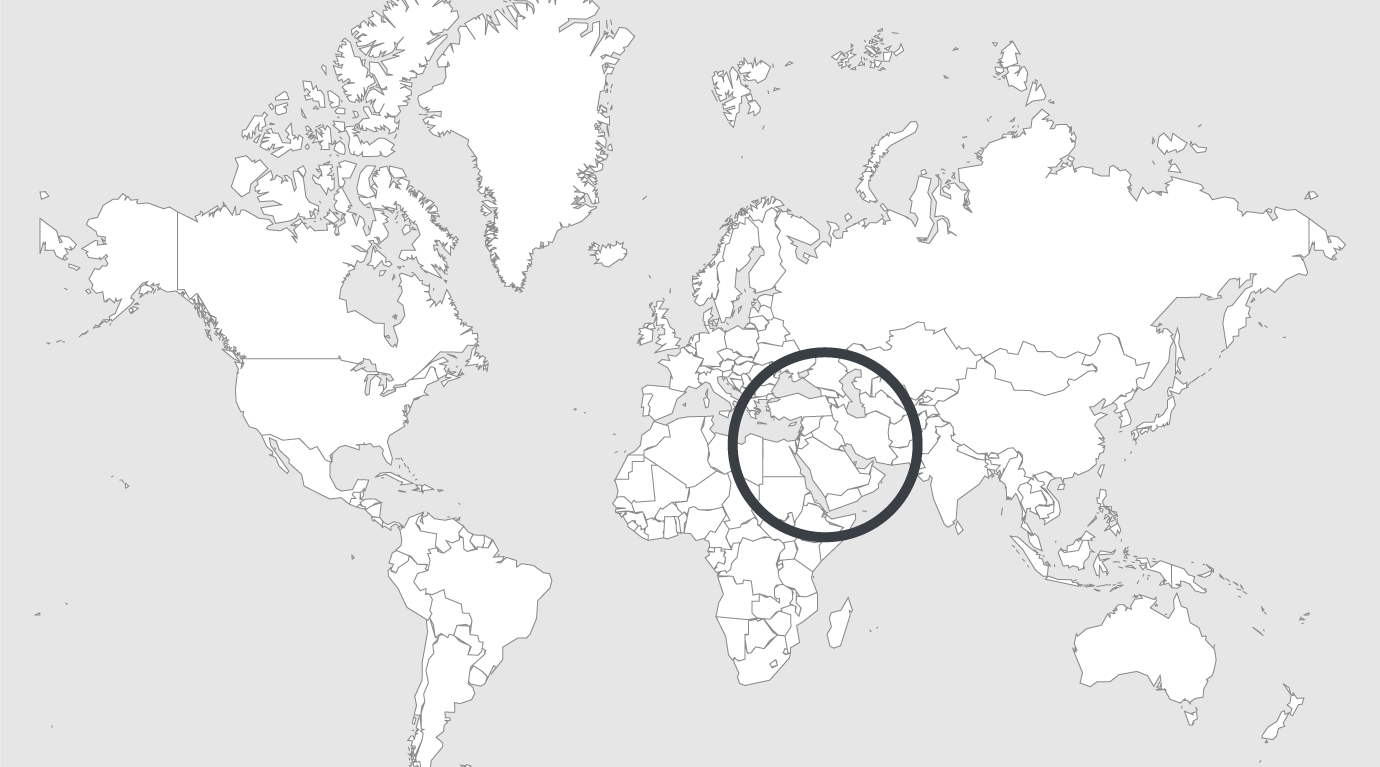
Explore
Afghanistan: life in prison, looking to the future from behind bars
For many people, prison is only a place where criminals serve their sentence. But there are also prisoners who are transformed during their imprisonment, deciding to abandon their past and change their future.
Recently the directorate of prisons initiated a new program called “Prisoners’ Literacy and Skills Level,” which is aimed at providing vocational and training programs to prisoners inside their cells.
TOLOnews reporter Tamim Hamid visited Pul-e-Charkhi jail in Kabul and talked to a number of prisoners who over recent years have taken part in the training and literacy programs.
Tamim writes that he saw a young man in the corner of Pul-e-Charkhi jail busy tailoring fabric. There are 40 people working in the tailoring workshops established inside the cell.
Payenda Mohammad, 27, is one of the prisoners who is associated with the tailoring work inside the cell. He also teaches the profession to other prisoners.
Payenda Mohammad’s entire family members are in the same profession. He was convicted of crimes in Kabul and sentenced to 10 years of jail.
Payenda Mohammad says that he has forgotten the incident and does not want to share it even with other prisoners inside the cell.
Payenda Mohammad says that he recently decided to teach his profession to other inmates inside the bars.
“When someone comes to the prison, whether you want it or not, he will started thinking about some bad deeds. If he learns a profession here and tomorrow reintegrates with his parents, his parents will be happy, his children will be happy too, he is also able then to establish a shop for himself,” said Payenda Mohammad.
Payenda Mohammad has a lot of supporters in this workshop and the good treatment that he receives from his cell friends have increased his hopes for the future. Payenda Mohammad has one child and he was only 2 years old at the time of his arrest.
“He now speaks on the phone with me, he asks me to bring him clothes,” said Payenda Mohammad.
For some people, going to jail means going down the wrong path and becoming associated with criminal groups, but for some it is not like that.
In another corner of a cell, Tamim saw a 28-year-old who after committing a murder came to prison. He is named is Abdul Ahad and he is a resident of Kabul. He has been sentenced to 20 years in jail. He has spent eight years so far and has managed to learn new skills, reading and writing.
“I did not study outside the prison, I learn it here, I was not able to write A or B outside the cell,” said Abdul Ahad.
Sakhi, 25, is another young man sentenced to 11 years jail. He has spent 8 years of his sentence. He is now one of the top prisoners, and he is known for having a strong grip on tin manufacturing. Sakhi is married and has two children.
“I want to pursue this profession outside. This is a good profession. I have earned achievements from it and I can earn money from this profession,” said Sakhi.
The “Prisoners’ Literacy and Skills Level” will be applied at all prisons across Afghanistan.
Based on the Article 2 of “Prisoners’ Literacy and Skills Level,”if a prisoner attends two years of a literacy program or one year of classes for a professional skill, or teaches his profession to 15 prisoners and gets a certificate, then a one-year reduction will be considered in his jail term.
“After graduation and with a certificate from the training program, they will be hired in our industrial section and will earn money,” said Farhad Bayani, a spokesman for directorate of prisons.
In the professional and vocational section at Pul-e-Charkhi jail, other fields such as carpentry, food production and blacksmithing are also brought to the prisoners. Products are then used inside the jail and outside the jail to local markets.
